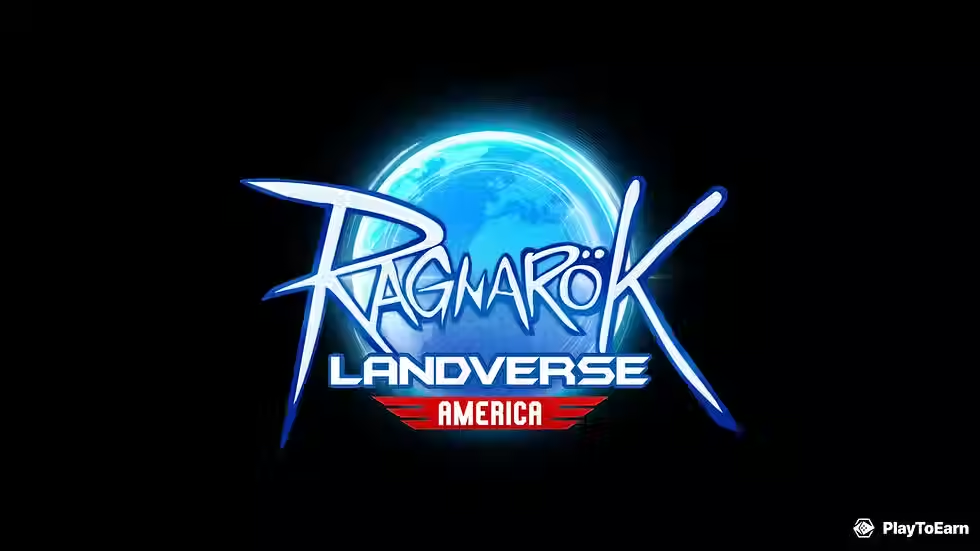Pirate Nation Shutdown Marks Turning Point for Blockchain Gaming
- NFTrixie

- Aug 19, 2025
- 4 min read

The End of a Pirate Adventure
Pirate Nation, the fully onchain pirate RPG created by Proof of Play, is officially shutting down. Within the next 30 days, both the game and its dedicated chains, Apex and Boss, will sunset.
For a while, Pirate Nation stood out as a bold experiment in the world of blockchain games. It offered players a high-seas adventure powered entirely by onchain mechanics. But despite its innovative approach and a passionate core community, the game couldn’t reach a large enough audience to justify continued investment.
Proof of Play confirmed the closure through an official X post, citing two main reasons: low player numbers and the high cost of maintaining two separate chains.
Why Pirate Nation Is Sailing Off Into the Sunset
In the team’s own words:
"While diehard community supporters have been with us every step of the way, the game has not attracted enough of an audience to justify continued investment and operation."
Running both Apex and Boss chains was no longer financially sustainable. Instead of spreading resources too thin, Proof of Play will fold Pirate Nation’s innovations into its Arcade platform on Abstract, which may eventually host reimagined versions of some of the game’s mechanics.
As a final gesture to players, the team announced an event allowing users to burn their in-game assets in exchange for Plunder Certificates. These may hold value in the future ecosystem, giving loyal fans a way to carry their legacy forward.
What Happens to $PIRATE and Founder’s Pirates NFTs
Although the game itself is shutting down, the $PIRATE token isn’t disappearing. Instead, its role within the ecosystem will evolve. Proof of Play confirmed that Founder’s Pirates NFTs will receive a final $PIRATE allocation. Afterward, these NFTs will transition into community identity collectibles, without further token claims.
This move highlights a broader trend we’re seeing across Web3: shifting away from purely financial utility and toward identity and community-driven NFTs.
Proof of Play’s Leaders Speak Out
The announcement sparked emotional responses from the team itself. Adam Fern, Co-Founder and Product Lead, wrote on X:
"Shutting down Pirate Nation was one of the most difficult decisions I've ever been part of. I love Pirate Nation and I spent nearly 7 days a week for the past 3+ years on it, but the truth is, it wasn't ever going to be a breakout, mass-market success."
CEO Amitt Mahajan also reflected on the bigger picture, especially the flaws of play-to-earn (P2E). He made it clear that Proof of Play is leaving behind unsustainable token reward models:
"We're done giving tokens away to parties that have no alignment with our long-term success. P2E is fundamentally broken."
Why Play-to-Earn Models Failed
The shutdown of Pirate Nation doubles as a referendum on Play-to-Earn (P2E) gaming. According to Proof of Play, the model was doomed from the start because it turned fun into work.
As Fern put it:
"P2E made the same mistake. It turned the joy of play into a job. Adding earning wasn't a feature, it's the Original Sin."
Handing out tokens may have spiked engagement in the short term, but it created misaligned incentives. Many players joined purely to farm and dump tokens, which led to downward pressure on prices and declining daily active users.
This shift away from P2E echoes a broader realization in the blockchain gaming industry: financial incentives cannot replace engaging gameplay.
Community Reaction: From Support to Frustration
Unsurprisingly, the community reaction has been mixed. Some praised the transparency of the announcement, with figures like Andrew Campbell calling the Arcade platform a smarter direction. Onchain Heroes founder Skarly thanked the team for their contributions to Web3 gaming.
But critics weren’t as forgiving. Web3 analyst Daniel Droege called the move “a rug,” citing unclear communication around Season 3 rewards, VIP Pass eligibility, and a controversial 180-day vesting period for $PIRATE tokens. According to Droege, this left some players feeling misled.
This backlash reflects a recurring challenge in blockchain gaming: balancing player trust with the realities of running a financially viable project.
Proof of Play’s Next Chapter
While Pirate Nation is coming to a close, Proof of Play isn’t giving up on gaming. In fact, the team is doubling down on its Arcade platform, a hub designed for smaller, modular games that prioritize fun first.
Instead of leaning on crypto-native jargon or unsustainable tokenomics, Arcade games will use blockchain quietly in the background. As the team explained:
"We want our products to be so broadly accessible that the end user would never know they're interacting with crypto if the application didn’t say 'Powered by Proof of Play.'”
This approach suggests that the company has learned from Pirate Nation’s struggles and is now focusing on accessibility, sustainability, and fun gameplay as the foundation for future titles.
Lessons for the Future of Blockchain Games
The Pirate Nation shutdown is more than just the end of a game—it’s a reminder of where the blockchain gaming industry is heading. Key takeaways include:
Gameplay First, Tokens Second – Sustainable games must be fun before they’re profitable.
One Ecosystem Over Fragmentation – Supporting multiple chains divided resources and hurt growth.
Community Trust Is Critical – Clear communication around rewards, vesting, and utility matters more than ever.
As Proof of Play shifts its focus to the Arcade, the hope is that future projects can strike the right balance between innovation and long-term sustainability.
👉 Want to explore more about the future of Web3 gaming? Check out our deep dive into blockchain games and how they’re reshaping digital ownership.









Comments